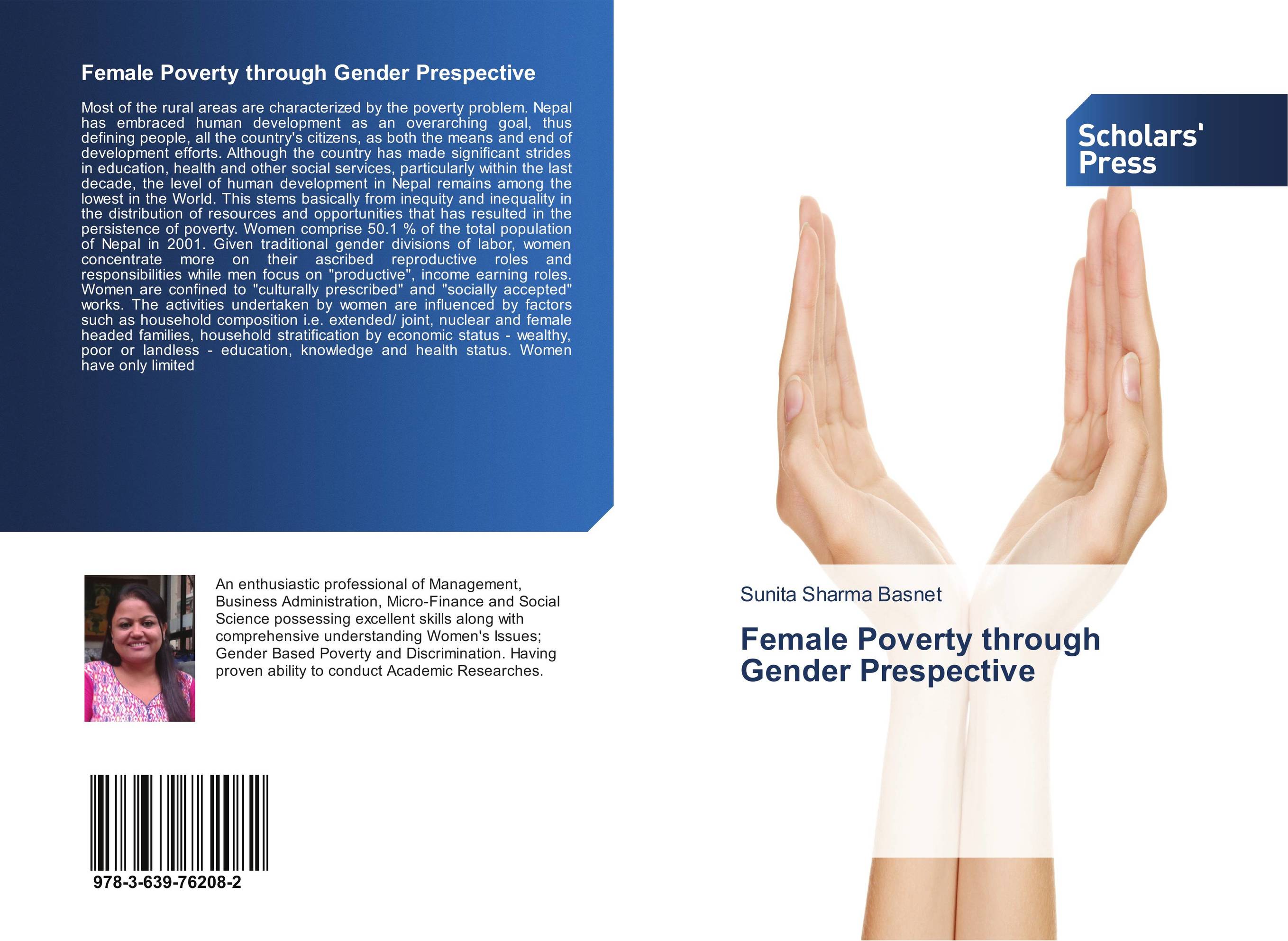| Поиск по каталогу |
|
(строгое соответствие)
|
- Профессиональная
- Научно-популярная
- Художественная
- Публицистика
- Детская
- Искусство
- Хобби, семья, дом
- Спорт
- Путеводители
- Блокноты, тетради, открытки
Female Poverty through Gender Prespective.

В наличии
| Местонахождение: Алматы | Состояние экземпляра: новый |

Бумажная
версия
версия
Автор: Sunita Sharma Basnet
ISBN: 9783639762082
Год издания: 2015
Формат книги: 60×90/16 (145×215 мм)
Количество страниц: 76
Издательство: Scholars' Press
Цена: 26681 тг
Положить в корзину
| Способы доставки в город Алматы * комплектация (срок до отгрузки) не более 2 рабочих дней |
| Самовывоз из города Алматы (пункты самовывоза партнёра CDEK) |
| Курьерская доставка CDEK из города Москва |
| Доставка Почтой России из города Москва |
Аннотация: Most of the rural areas are characterized by the poverty problem. Nepal has embraced human development as an overarching goal, thus defining people, all the country's citizens, as both the means and end of development efforts. Although the country has made significant strides in education, health and other social services, particularly within the last decade, the level of human development in Nepal remains among the lowest in the World. This stems basically from inequity and inequality in the distribution of resources and opportunities that has resulted in the persistence of poverty. Women comprise 50.1 % of the total population of Nepal in 2001. Given traditional gender divisions of labor, women concentrate more on their ascribed reproductive roles and responsibilities while men focus on "productive", income earning roles. Women are confined to "culturally prescribed" and "socially accepted" works. The activities undertaken by women are influenced by factors such as household composition i.e. extended/ joint, nuclear and female headed families, household stratification by economic status - wealthy, poor or landless - education, knowledge and health status. Women have only limited
Ключевые слова: Education, Gender, health, poverty, property rights



